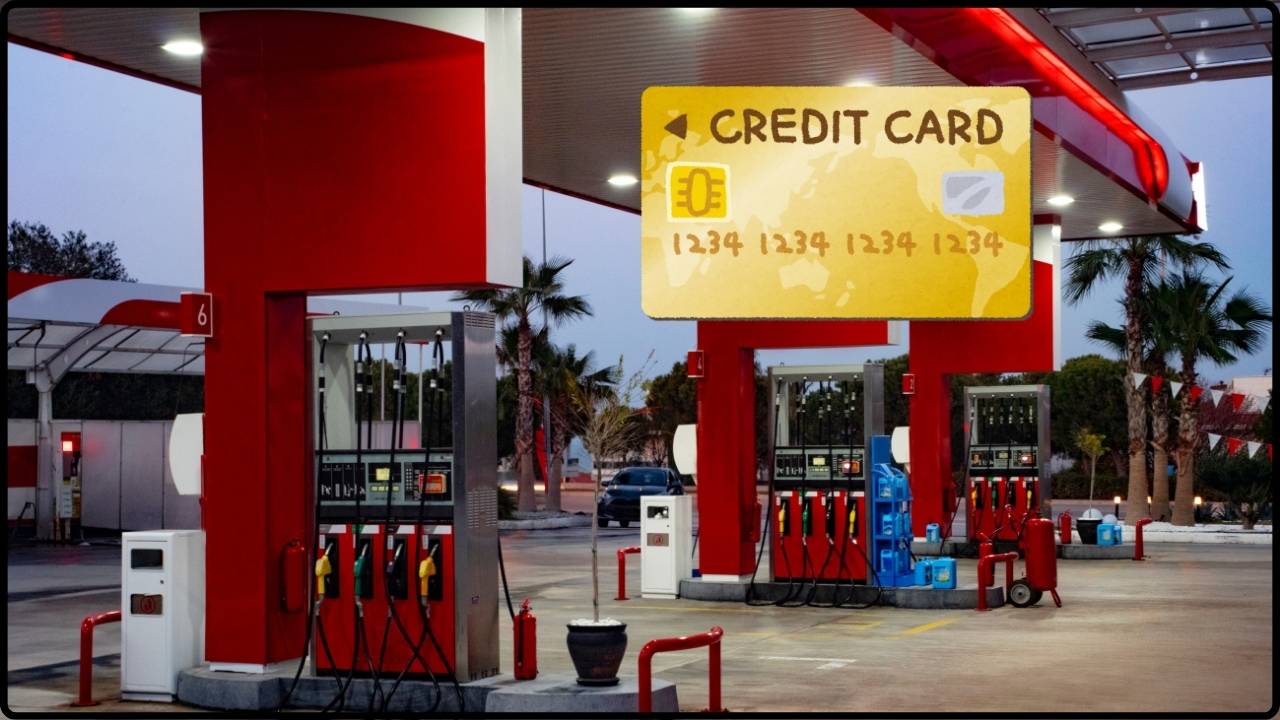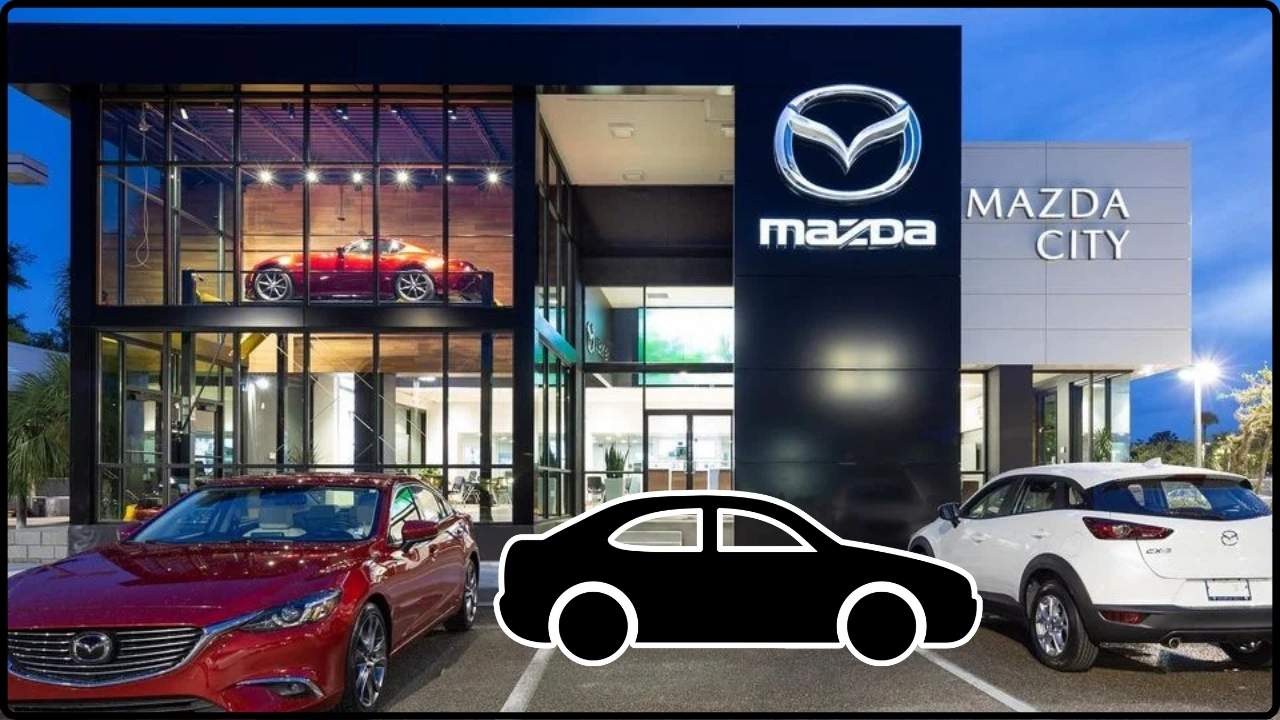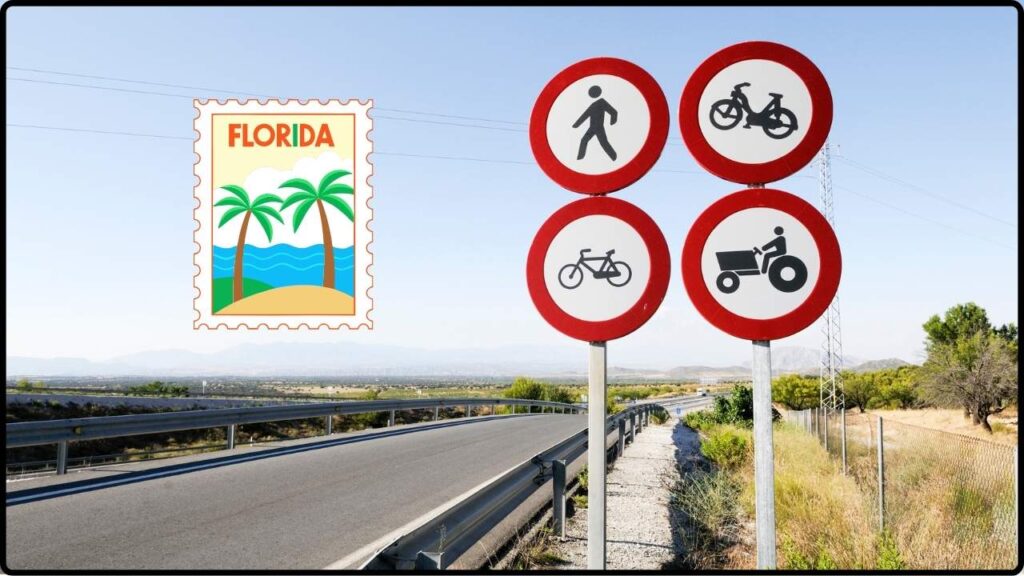
Florida’s Strictest Traffic Law Enforces Mandatory Court & Jail for Speeders: Florida Super Speeder Law takes effect on July 1, 2025, and it’s not just a traffic update—it’s a statewide wake-up call. From that date forward, drivers who go 50 mph over the posted speed limit or hit 100 mph or more will be required to appear in court and may face jail time, hefty fines, and even license suspensions. No more paying a ticket online. No more walking away with a warning. If you get caught super-speeding, you’re stepping into a courtroom and possibly behind bars. This article breaks down the law, what it means for Florida drivers, how to stay out of trouble, and how this will change driver behavior, business policies, and even the future of driving technology.
Florida’s Strictest Traffic Law Enforces Mandatory Court & Jail for Speeders
The Florida Super Speeder Law marks a bold shift in how the state handles dangerous driving. For anyone tempted to race down the highway or shave 10 minutes off their drive time, it’s a reality check. The law enforces mandatory court, steep fines, jail time, and possible license revocation. This law isn’t about punishment. It’s about prevention, accountability, and saving lives. It will take education, enforcement, and technology to make it effective—but the message is clear: slow down or face the consequences.
| Aspect | Details |
|---|---|
| Effective Date | July 1, 2025 |
| What Triggers the Law | Driving 50+ mph over the posted speed limit or traveling at 100 mph or more |
| First Offense | Mandatory court appearance, up to 30 days in jail, and/or a $500 fine |
| Second Offense (within 5 years) | Up to 90 days in jail, up to $1,000 fine, license revocation for 180 days to 1 year |
| Enforcement Goal | Reduce extreme speeding and fatal crashes |
| 2023 Stats | Over 683,000 speeding citations issued; 2,600 were 50+ mph over limit |
| Official Source | Florida Senate Bill 351 |
What Is the Florida Super Speeder Law?
The Florida Super Speeder Law was introduced to crack down on dangerous driving habits that have surged across the state in recent years. Extreme speeding—particularly speeds over 100 mph—has become disturbingly common, especially on highways and in urban corridors where traffic enforcement has been reduced.
Under this law, two key behaviors will automatically trigger penalties:
- Driving at 100 miles per hour or more, regardless of the posted limit.
- Driving 50 miles per hour over the posted speed limit (e.g., 95 mph in a 45 mph zone).
The law makes it mandatory for violators to appear in court, even for a first offense, and introduces criminal penalties.
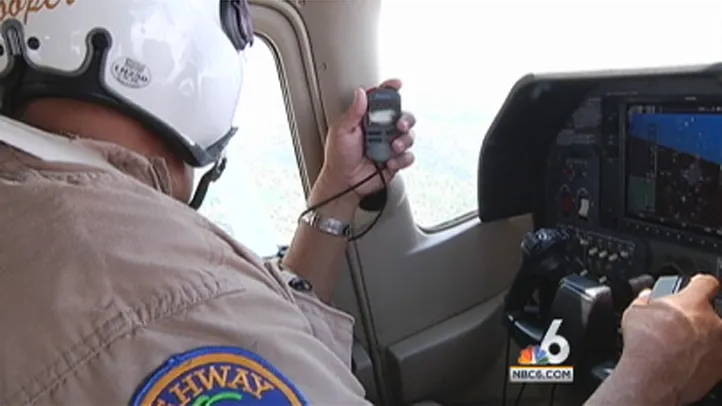
Why Was This Law Created?
Lawmakers and law enforcement officials say the law is a response to rising traffic fatalities and a shocking number of high-speed incidents.
According to the Florida Department of Highway Safety and Motor Vehicles, over 683,000 speeding tickets were issued in 2023 alone, with about 2,600 involving drivers going 50+ mph over the speed limit.
The tragedy that spurred the legislative push was the death of 11-year-old Anthony Reznick, who was struck and killed in 2022 by a speeding driver in a school zone. The driver wasn’t criminally charged due to then-current legal thresholds, leading to public outrage and a demand for reform.
What Happens If You’re Caught?
First Offense
- Mandatory court appearance—you cannot pay this ticket online or by mail.
- Up to 30 days in jail
- Up to $500 in fines
- Points added to your license, which may affect insurance premiums
Second Offense (Within 5 Years)
- Up to 90 days in jail
- Up to $1,000 fine
- Driver’s license revoked for a minimum of 180 days and up to 1 year
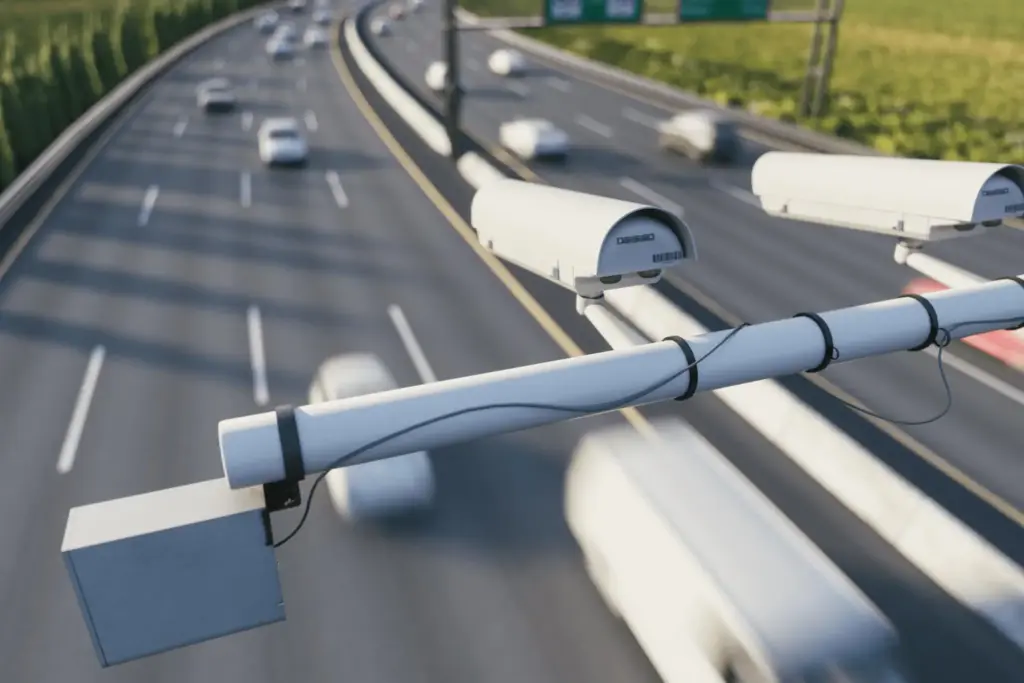
Real-World Example
In early 2025, Orange County sheriff’s deputies reported 101 incidents of drivers exceeding 100 mph in just one month—more than triple the number from the same period a year before. This trend shocked officials and helped push the bill forward.
Sheriff John Mina stated:
“When you’re driving 100 mph, and you hit something, no one’s walking away. That includes the driver. It’s not a citation issue—it’s a safety crisis.”
Impact on Commercial Drivers & Fleet Managers
The law has serious implications for professionals in the transportation industry:
- Commercial driver’s license (CDL) holders may face job loss or disqualification if charged.
- Fleet operators must update internal driving policies, add training modules, and possibly install GPS-based speed tracking systems.
- Companies could face increased insurance costs or liability exposure if their drivers are cited.
Fleet safety managers are already adapting with real-time tracking apps and alert systems to monitor driver speed, especially on interstates like I-95 and I-75 where super speeding has become more common.
Technology and the Future of Enforcement
This law also opens the door to expanded use of vehicle-integrated technology:
- Speed limiters: In other states like Virginia and Washington, speed-governing devices are being piloted for fleet and teen drivers.
- Connected car data: Law enforcement may begin using vehicle telematics for evidence collection.
- Automatic speed cameras: Expect more fixed-location enforcement tools—especially in school zones, bridges, and urban expressways.
According to the Florida Department of Transportation, proposals are being considered to require new state-owned vehicles to include automatic speed monitoring and alert systems.
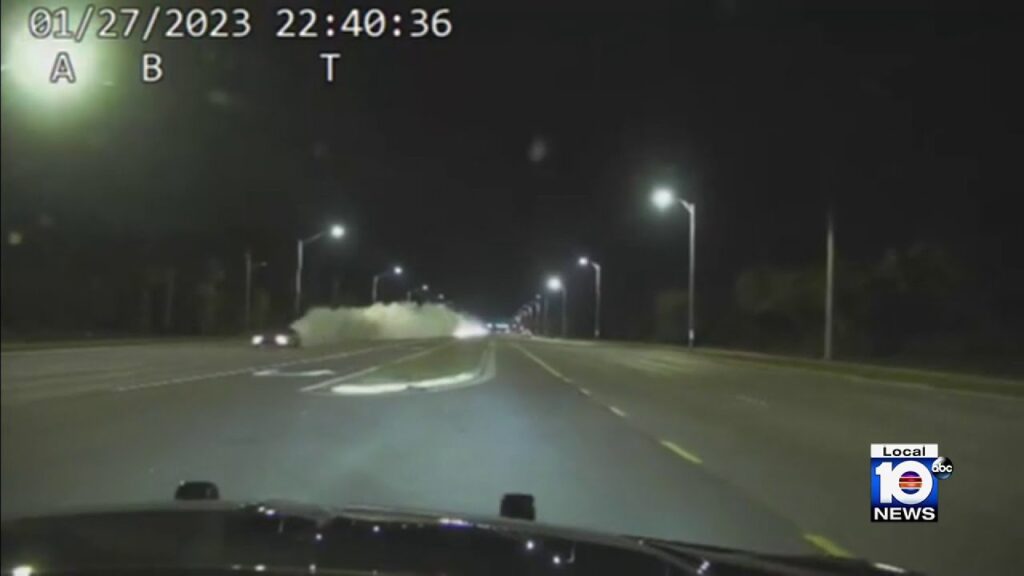
How Florida’s Strictest Traffic Law Enforces Mandatory Court & Jail for Speeders Compares to Other States?
Florida’s approach is tougher than most.
- Georgia’s Super Speeder Law adds a $200 fee for speeds of 75 mph+ on two-lane roads and 85 mph+ on highways. No jail time or mandatory court unless paired with reckless driving.
- Texas and California have reckless driving charges for speeds over 100 mph, but judges have discretion to reduce them.
- Virginia and Washington are pioneering speed-governing tech rather than harsh fines or jail.
Florida is unique in that it blends criminal penalties with mandatory court even for first offenses.
Can You Fight the Charge?
Yes, but it’s complicated. Here are common defense strategies:
- Calibration errors in radar or LIDAR devices
- Unclear or obscured speed limit signage
- Emergency or necessity defense, such as rushing to the hospital
- Violation of rights, such as improper traffic stop procedures
However, because the law requires a mandatory court appearance, anyone cited must appear in person or have legal representation. Failure to appear results in immediate license suspension and possibly a bench warrant.
If it’s your first offense, legal counsel may be able to negotiate for:
- Defensive driving school
- Deferred adjudication (no formal conviction if conditions are met)
- Reduced fine or jail alternatives like community service
Advice for Everyday Drivers
- Slow down—especially in unfamiliar areas or school zones.
- Use cruise control when driving long distances.
- Watch your speed after merging or exiting interstates.
- Get alerts using navigation apps (Waze, Google Maps) that warn of speed zones and patrols.
- Educate your teen drivers—this law could lead to lifelong legal or driving record issues.
No Ticket, No Warning, Just Handcuffs; U.S. Traffic Law Raises Alarms Nationwide
Ford’s Revolutionary Engine Tech Means You Won’t Need an Oil Change for 19,000 Miles
SNAP Florida Payments: Are You One of the Lucky Few Getting Paid This Week?

